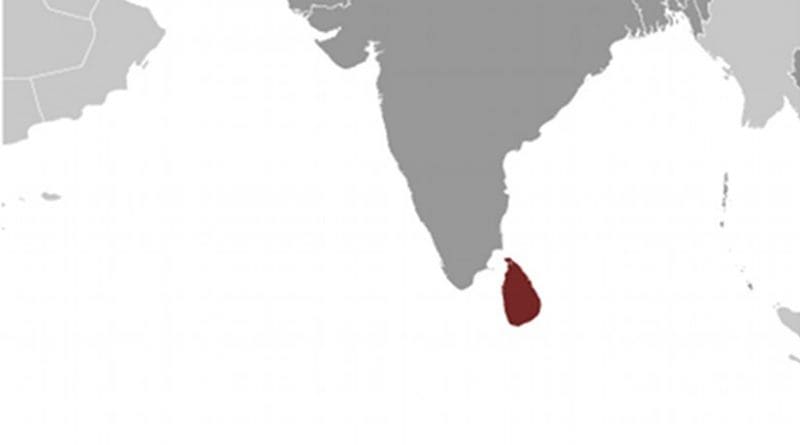Securing Sri Lanka’s National Interests – Analysis
By IPCS
By Asanga Abeyagoonasekera*
One set of rules for Mosul and another for Aleppo; there are double standards when it comes to Syria. The international community justifies one bombing while condemning the other. Russia’s operation in Aleppo against extremist groups are denounced by some Western officials and media as “war crimes.” In contrast, the civilian casualties as a consequence of the US-led operation to recapture Mosul in October this year are defined as unavoidable collateral damage.
While innocent children and civilians in Iraq and Syria fight for survival, double standards seem to prevail everywhere. For example, the furore over the email scandal involving Hillary Clinton. If a junior US government officer with less power was caught, they would have been treated in a different way.
In Sri Lanka, meanwhile, a Committee on Public Enterprises report on the Central Bank bond issue has been the topic of discussion. The well-known bond issue has created tremors in the political arena of the prime minister’s party. The report, which was meant to be confidential, is now under strict public scrutiny. Apparently, the watchdog, Janatha Vimukthi Peramuna, has done its duty. Hopefully, global double standards that rule to protect a few powerful people will not be used in this situation if the key people involved are found guilty. The trust deficit between the government and public will widen if the corrupt are not punished, especially since battling corruption was a central electoral theme for the government during the election campaign. According to Sri Lankan President Maithripala Sirisena, investigations into the Central Bank issue will be free of political interference, and he will initiate an impartial and independent judicial process.
Recently, President Sirisena presented gallantry awards to war heroes. At the award ceremony, many recipients were young children who have lost their fathers at a very young age. This was a clear reminder of the sacrifices made by Sri Lankans for the next generation’s better future. The state should give top priority to assist these young victims and ensure they receive proper education.
Major domestic developments and an ever-challenging economic situation looms ahead. This will be further highlighted on 10 November, when the national budget is announced, marked by a rise of debt stock with high level of fiscal sustainability risk.
Moreover, developments in Sri Lanka’s neighbourhood should also be a matter of concern. India is building the INS Arihant, its nuclear submarine propelled by a 83 MW pressurised light water reactor at its core. The 6000-tonne nuclear submarine with nuclear tipped long-range ballistic missiles in its four silos, which is capable of lurking underwater for months without being detected, is a most effective and deadly platform for a retaliatory nuclear strike.
India has already begun to utilise space for military purposes, evident from the launch of the first Synthetic Aperture Radar (SAR) reconnaissance satellite in 2009. In 2013 and 2015, India launched two military communications satellites. According to some experts, the Indian Regional Navigation Satellite System launched in 2013 is also meant for military use. Japan will also launch in 2016 and 2017 two next generation X-band communications satellites – owned by the Ministry of Defence and Self-Defense Force (SDF) – which will enhance its capabilities in space.
With such military capabilities developed in close geographical proximity to Sri Lanka, and around the world, it is important for the Sri Lankan government to invest its time and encourage the youth’s participation, in the productive sectors. The fourth industrial revolution has arrived with self-driving cars already on the roads, to artificial intelligence defeating the human player on the ancient board game GO (wéiqí), to many other great developments.
Sri Lanka has a role to play in this hi-tech arena, and this can only happen with strong vision and by collaborating and working as a community focused on achieving targets, and not by political rhetoric.
* Asanga Abeyagoonasekera
Director General, Institute of National Security Studies (INSS), Sri Lanka, & Columnist, IPCS
Views expressed here are personal and do not reflect those of the Government of Sri Lanka or the Institute of National Security Studies (INSS).

